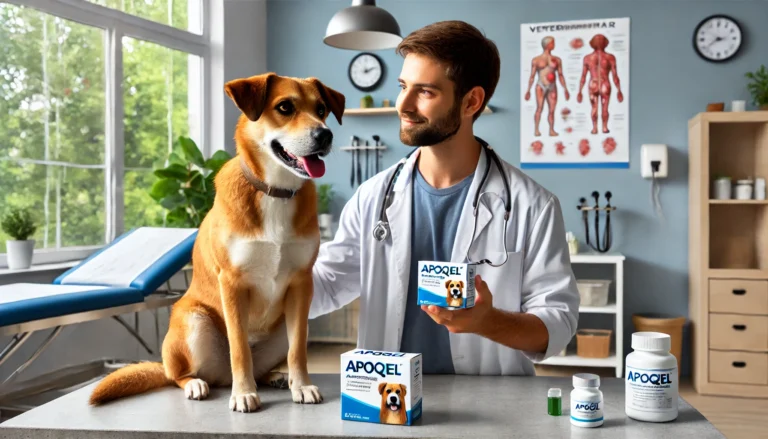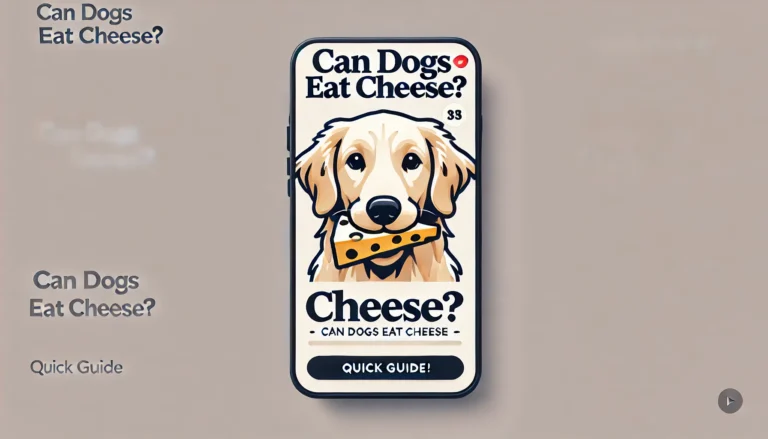Can Dogs Eat Turkey? What You Need to Know

Introduction to Can Dogs Eat Turkey
Turkey is a staple in many households, especially during festive seasons like Thanksgiving and Christmas. But when it comes to sharing your turkey feast with your canine friend, there are several things you should consider. This article provides a comprehensive look at whether dogs can eat turkey, covering the benefits, risks, and how to safely include turkey in your dog’s diet.
Is Turkey Safe for Dogs?
Yes, dogs can safely eat turkey if it’s plain and properly prepared. Turkey is a source of lean protein that can be a healthy addition to your dog’s diet. However, how the turkey is prepared and the portion size are crucial to ensure it is safe for your dog to consume.
Benefits of Turkey for Dogs
Turkey offers numerous health benefits to dogs when included as part of a balanced diet:
- Protein-Rich: Turkey is high in protein, which is essential for muscle maintenance and growth.
- Low Fat: Lean turkey, especially the white meat, is low in fat, making it a good meat option for weight management.
- Nutrient-Dense: Turkey is a good source of nutrients like riboflavin and phosphorus, which are important for your dog’s health.
Risks of Feeding Turkey to Dogs
While turkey can be beneficial, there are several risks associated with feeding turkey to dogs:
High-Fat Content: Parts of the turkey like the skin and dark meat are high in fat, which can lead to pancreatitis in dogs.
Seasonings and Spices: Common seasonings like garlic and onions are toxic to dogs. It’s important to feed your dog only plain, cooked turkey without any added seasonings or spices.
Bones: Turkey bones, especially cooked ones, can splinter and pose a choking hazard or cause damage to your dog’s digestive tract.

How to Safely Feed Turkey to Your Dog
To safely include turkey in your dog’s diet, follow these guidelines:
- Cook Plain Turkey: Cook turkey without any harmful additives such as onions, garlic, or seasonings that are unsafe for dogs.
- Remove All Bones: Always remove bones from the turkey before feeding it to your dog to prevent choking or internal injuries.
- Avoid Turkey Skin: The skin is high in fat and can be difficult for dogs to digest. It’s best to stick with lean parts of the turkey.
- Moderation is Key: Turkey should only be a small part of your dog’s diet. Too much can lead to gastrointestinal upset or other health issues.
Specific Turkey Products and Variations
- Ground Turkey: Plain, cooked ground turkey can be a good protein source for dogs. Just make sure it’s cooked without any oil or seasonings.
- Turkey Bacon and Sausages: These are usually high in fat and salt and may contain seasonings that are harmful to dogs. It’s best to avoid giving turkey bacon and sausages to dogs.
- Deli Turkey: Often high in sodium and preservatives, deli turkey is not recommended for dogs.
- Raw Turkey: There is a risk of salmonella or other bacterial infections from raw turkey, which can be harmful to both your dog and human members of the household.
What If Your Dog Eats Turkey with Bones or Seasonings?
If your dog consumes turkey with bones, seasonings, or other additives:
Consult Your Veterinarian: If you notice any unusual symptoms or if your dog has eaten turkey bones, contact your vet immediately for advice.
Monitor Your Dog: Keep an eye on them for any signs of distress or discomfort such as choking, gagging, or lethargy.
Nutritional Profile of Turkey
Benefits of dogs eat turkey
Turkey isn’t just tasty; it’s also packed with nutrients beneficial for dogs. High in protein and low in fat, especially when you choose the right cuts like the breast, turkey serves as an excellent dietary addition for dogs. It’s rich in various nutrients:
- Protein: Essential for muscle growth and repair.
- Vitamins B6 and B12: Vital for energy metabolism and brain health.
- Niacin: Supports skin and coat health.
- Selenium: An antioxidant that supports immune function.
Incorporating lean turkey into your dog’s diet can help maintain lean muscle mass and provide energy without the risk of adding too much fat, which is particularly beneficial for dogs that are overweight or lead active lifestyles.
Title
Dogs Lick You is a deeply ingrained behavior in dogs, often initiated in puppyhood when their mother licks them for grooming and to stimulate necessary bodily functions.
Risks of Feeding Turkey to Dogs
However, there are certain precautions to take when feeding turkey to dogs:
- Bones: Turkey bones, especially when cooked, can splinter and pose a choking hazard or cause intestinal blockage or perforations.
- Skin and Fat: High in fat, turkey skin can cause pancreatitis in dogs, a serious and painful condition. Always remove the skin and visible fat before offering turkey to your dog.
- Seasonings: Many common seasonings and additives like onions, garlic, and even excessive salt can be toxic to dogs. Always ensure that the turkey is plain and not seasoned with these harmful substances.
Conclusion of Can Dogs Eat Turkey
Turkey can be a nutritious addition to your dog’s diet if served plain and in moderation. Always ensure it is cooked without any unsafe seasonings or additives and that all bones are removed before feeding. By following these guidelines, you can safely share some of your turkey feast with your furry friend during the holidays or any time of year. Remember, when introducing any new food to your dog’s diet, it’s always best to consult with your veterinarian first.
Is turkey okay for dogs to eat?
Yes, turkey is generally safe for dogs to eat when it’s plain and cooked without any harmful seasonings or additives.
What is the best meat for dogs?
The best meat for dogs is typically lean meats like chicken, turkey, and beef. These are high in protein and low in fat, which is good for most dogs.
How do I cook turkey for my dog?
Cook turkey thoroughly without any added seasonings or oils. Make sure it’s plain, and remove all bones before serving.
Can dogs eat raw turkey mince?
No, it’s not recommended as raw turkey can contain harmful bacteria like salmonella. Always cook turkey thoroughly before giving it to your dog.
Is turkey better than chicken for dogs?
Both are good, but turkey tends to be lower in fat, making it a slightly better option for dogs that need a leaner diet.
Is rice good for dogs?
Yes, rice is good for dogs. It’s often used in dog foods to provide carbohydrates for energy, especially for dogs with upset stomachs.
Is egg good for dogs?
Yes, eggs are safe for dogs and are a great source of protein, vitamins, and fatty acids that can help support your dog’s coat and skin health.
Is chapati good for dogs?
Chapati can be given to dogs occasionally and in small amounts, but it’s not particularly nutritious for them and should not make up a large part of their diet.
What is the best vegetable for dogs?
Carrots are excellent due to their nutrient content, fiber, and teeth-cleaning properties. They are low in calories and high in vitamin A and fiber.
What is the best vegetable for dogs?
The best vegetable for dogs is carrots.
Can dogs eat bread?
Yes, dogs can eat plain bread in moderation.






